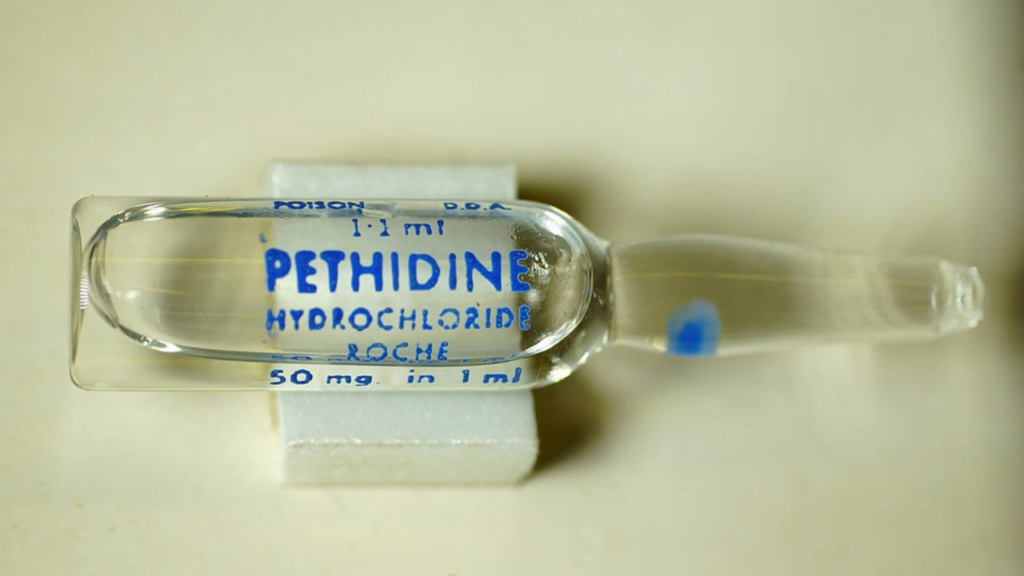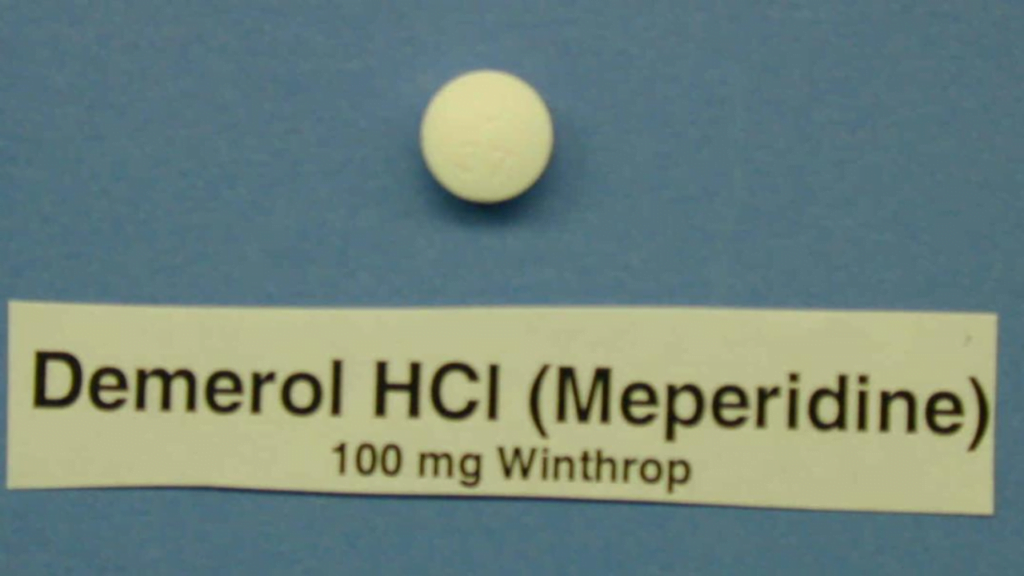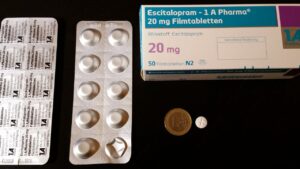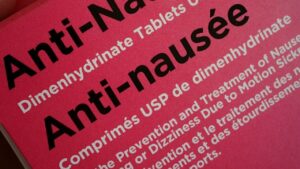Demerol, the brand name for meperidine, is a potent prescription opioid pain medication used to treat moderate to severe pain. While effective in managing pain, Demerol carries a high risk of addiction and dependence, echoing the broader opioid crisis affecting communities worldwide. This article delves into what Demerol is, its uses, and the inherent dangers associated with its misuse, while highlighting how Swift River can assist individuals struggling with dependency on this powerful drug.
The Nature of Demerol
Demerol’s role in the medical field and its impact on those who use it, whether under prescription or through misuse, is complex. Its historical significance, pharmacological properties, and the broader implications of its use shed light on why careful management and awareness are crucial in addressing the challenges it presents.
Developed in Germany in the 1930s, Demerol was initially marketed as a safer alternative to other painkillers like morphine and heroin, which were well-known for their addictive properties. However, it wasn’t long before the medical community recognized that Demerol, too, shared a similar potential for abuse and dependence. Its introduction into the market marked a significant moment in the history of pain management, influencing future approaches to the development and prescription of opioid medications. However, its potential for abuse and addiction has led to a more cautious approach in its prescription and use.
Uses of Demerol
Demerol is primarily prescribed to manage short-term physical pain, such as that experienced post-surgery or from severe injuries. Its rapid onset and effectiveness make it a valuable tool in acute care settings. However, due to its high potential for addiction, its use is typically limited to very short-term treatment under strict medical supervision.
Demerol works by binding to the mu-opioid receptors in the brain, spinal cord, and other parts of the body. This action not only alters the perception of pain but also affects the reward centers of the brain, leading to the release of dopamine and creating feelings of euphoria. This dual action—pain relief and euphoria—is what underpins the drug’s potential for misuse. Unlike some other opioids, Demerol also has anticholinergic effects, which can lead to a variety of side effects including dry mouth, blurred vision, and urinary retention.
The Dangers of Demerol
The risks associated with Demerol use are significant, mirroring the broader concerns with opioid medications. These include:
- Addiction and Dependence: Like other opioids, Demerol can lead to physical dependence and addiction, even after short-term use. The euphoric effects of opioids make them highly susceptible to misuse.
- Overdose Risk: Demerol overdose can be fatal, especially when taken in large amounts or combined with other substances, such as alcohol or benzodiazepines. Symptoms of overdose include slowed breathing, extreme drowsiness, and loss of consciousness.
- Withdrawal Symptoms: Discontinuing Demerol after prolonged use can lead to severe withdrawal symptoms, including anxiety, muscle aches, insomnia, and nausea, further complicating the cycle of dependence.
In response to the growing awareness of its potential for harm, regulatory agencies and healthcare providers have implemented stricter guidelines for prescribing Demerol. These include limiting its use to acute, short-term pain management, reducing the quantities prescribed, and monitoring patients closely for signs of misuse and addiction. Despite these measures, the availability of Demerol on the black market continues to pose challenges in curbing its abuse.

Comparative Analysis with Other Opioids
While all opioids share a common mechanism of action, Demerol is unique in its chemical structure and its effects on the body. One of the significant differences between Demerol and other opioids is its shorter duration of action, leading to a higher risk of frequent use and, subsequently, quicker development of tolerance and dependence. Furthermore, Demerol is metabolized into normeperidine, a toxic metabolite that can accumulate with repeated dosing and cause seizures, especially in patients with renal impairment or when used for long periods.
Swift River: Supporting Recovery from Demerol Addiction
At Swift River, we understand the complexities of opioid addiction, including dependence on medications like Demerol. Our comprehensive approach to recovery is grounded in evidence-based therapies, compassion, and personalized care plans designed to address the unique needs of each individual. Our serene campus in Massachusetts provides the ideal setting for healing and recovery, offering:
- Medical Detoxification: Safely managing withdrawal symptoms under the care of medical professionals.
- Individual and Group Therapy: Exploring the root causes of addiction and developing coping strategies for a life free from substance use.
- Holistic Therapies: Incorporating outdoor activities, fitness, and mindfulness practices to support overall well-being.
- Aftercare Planning: Ensuring each client is prepared for life after treatment with resources and support for continued recovery.
Get Help Today from Swift River In Massachusetts
Demerol, while effective for short-term pain management, carries significant risks of addiction and overdose. Recognizing the signs of dependence and seeking help early is crucial in overcoming the grip of opioid addiction. If you or someone you love is struggling with Demerol use, Swift River is here to help.
Take the first step towards a life free from addiction. Contact Swift River today at 888-451-5895 to learn more about our treatment programs and how we can support you or your loved one on the journey to recovery. Together, we can achieve lasting freedom from substance dependence.











